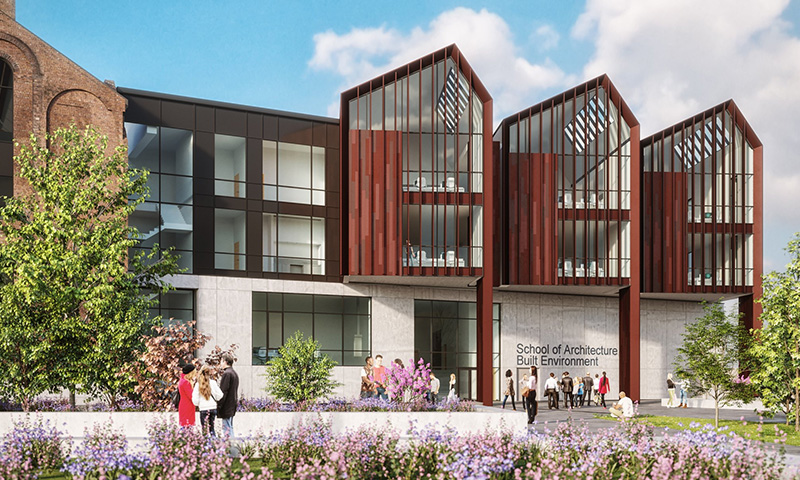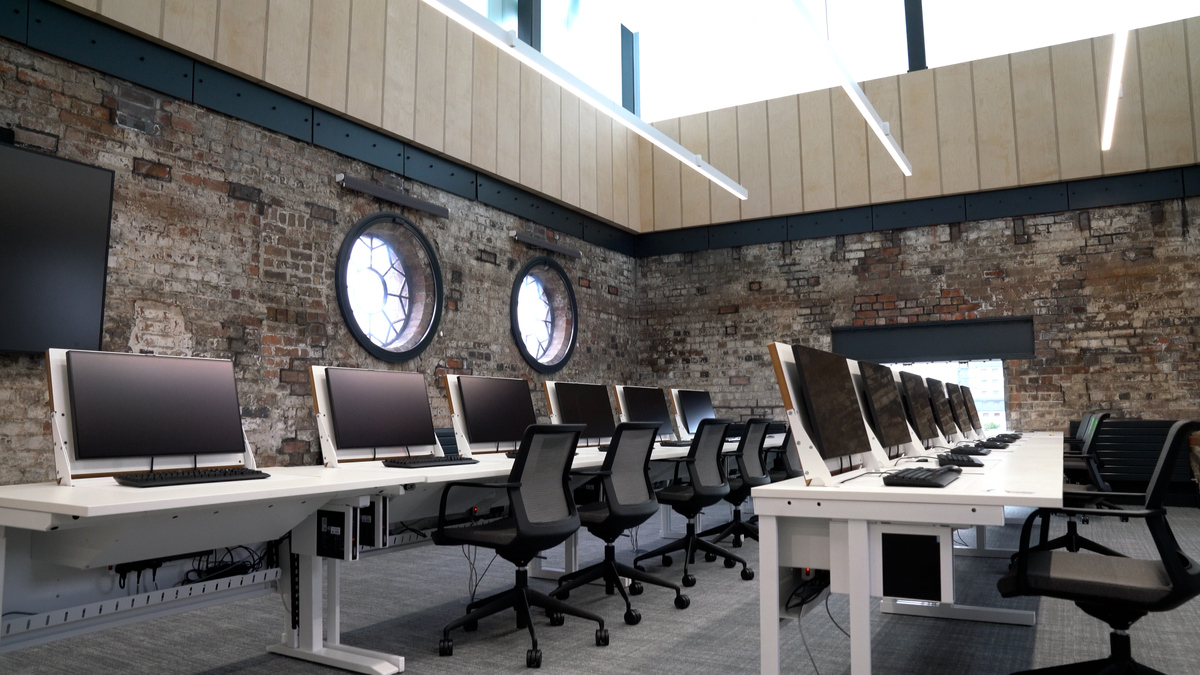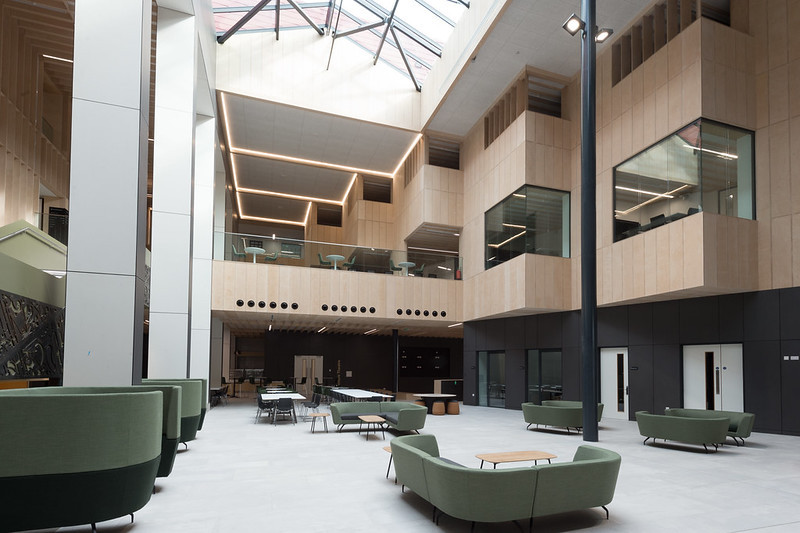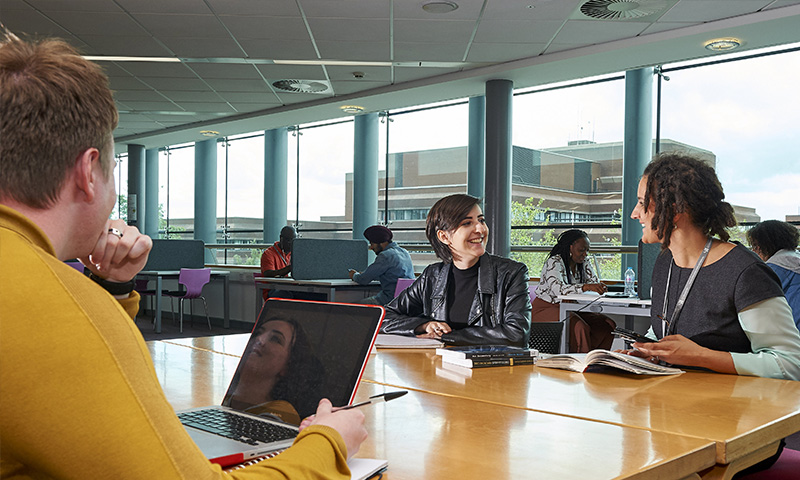93% of students were pleased with the teaching on their course
NSS, 2023
The HNC Architectural Studies course is designed to provide you with a broad technical understanding of the architectural design process including the application of management, technology and preparation of drawings and specifications.
You'll gain a technical understanding of the fundamentals of construction technology, environmental and sustainable issues, modern methods of construction and construction project management. The course will provide you with the knowledge, understanding and skills required to take on vocational roles such as architectural technicians, providing technical support to Architects and Architectural Technologists.
This highly vocational qualification will provide you with the knowledge required to take up a position in the construction industry and will also provide a progression route onto professionally accredited courses within including the BSc (Hons) Architectural Design Technology.
Current industry practice is studied as part of the course which will allow you to examine issues relating to construction regulations, methods and environmental impact. In addition you will develop practical skills in implementing emerging design techniques such as Building Information Modelling (BIM) to support your projects. These skills will enable you to provide, co-ordinate and communicate innovative solutions.


/prod01/wlvacuk/media/departments/digital-content-and-communications/images-18-19/iStock-163641275.jpg)
/prod01/wlvacuk/media/departments/digital-content-and-communications/images-2024/250630-SciFest-1-group-photo-resized-800x450.png)
/prod01/wlvacuk/media/departments/digital-content-and-communications/images-18-19/210818-Iza-and-Mattia-Resized.jpg)
/prod01/wlvacuk/media/departments/digital-content-and-communications/images/Maria-Serria-(teaser-image).jpg)
/prod01/wlvacuk/media/departments/digital-content-and-communications/images-2024/241014-Cyber4ME-Project-Resized.jpg)
/prod01/wlvacuk/media/departments/digital-content-and-communications/images-18-19/210705-bric_LAND_ATTIC_v2_resized.jpg)
/prod01/channel_24/courses/media/departments/faculty-of-science-and-engineering/Quote-with-image-(1).png)





